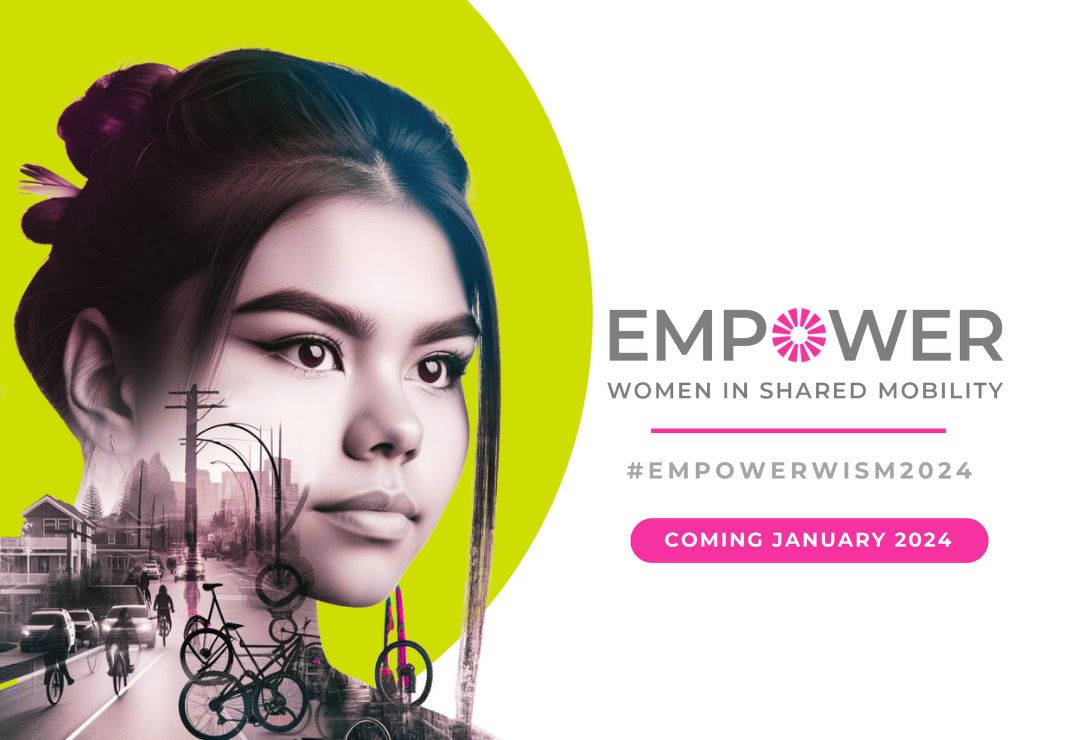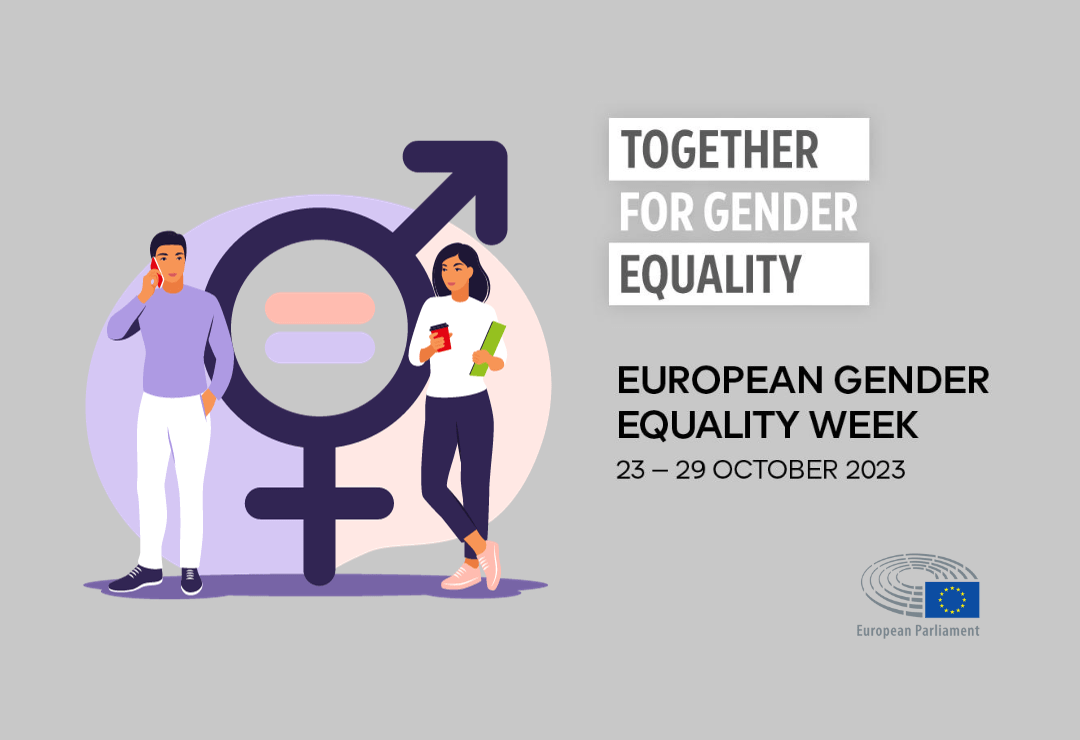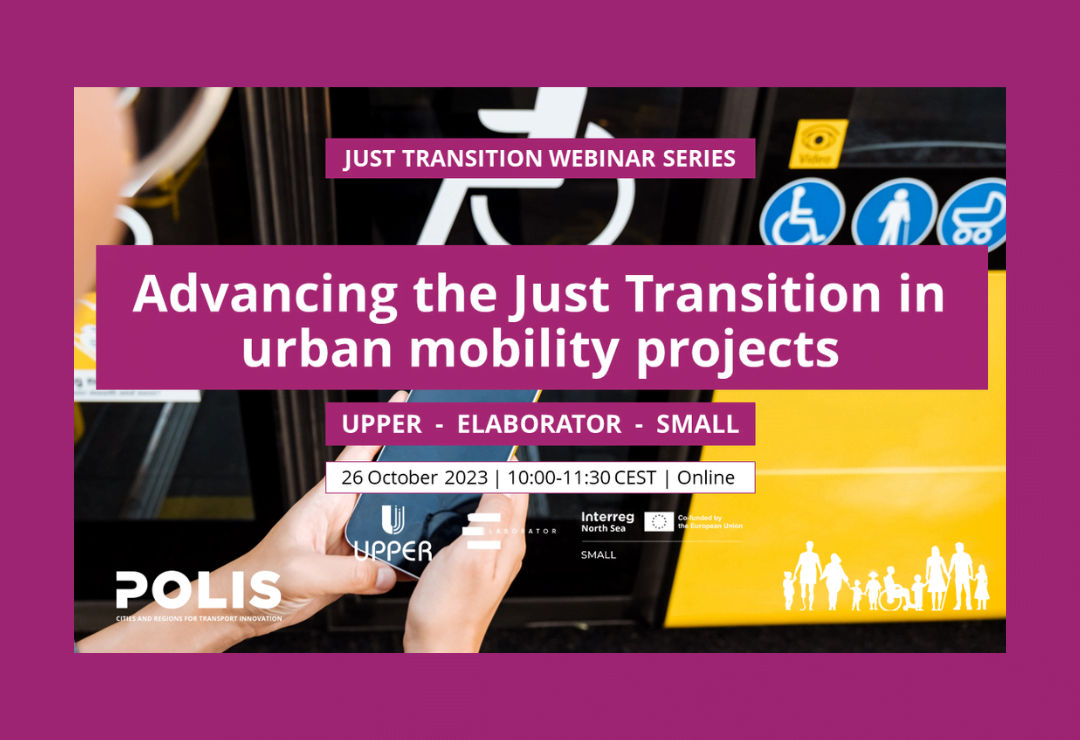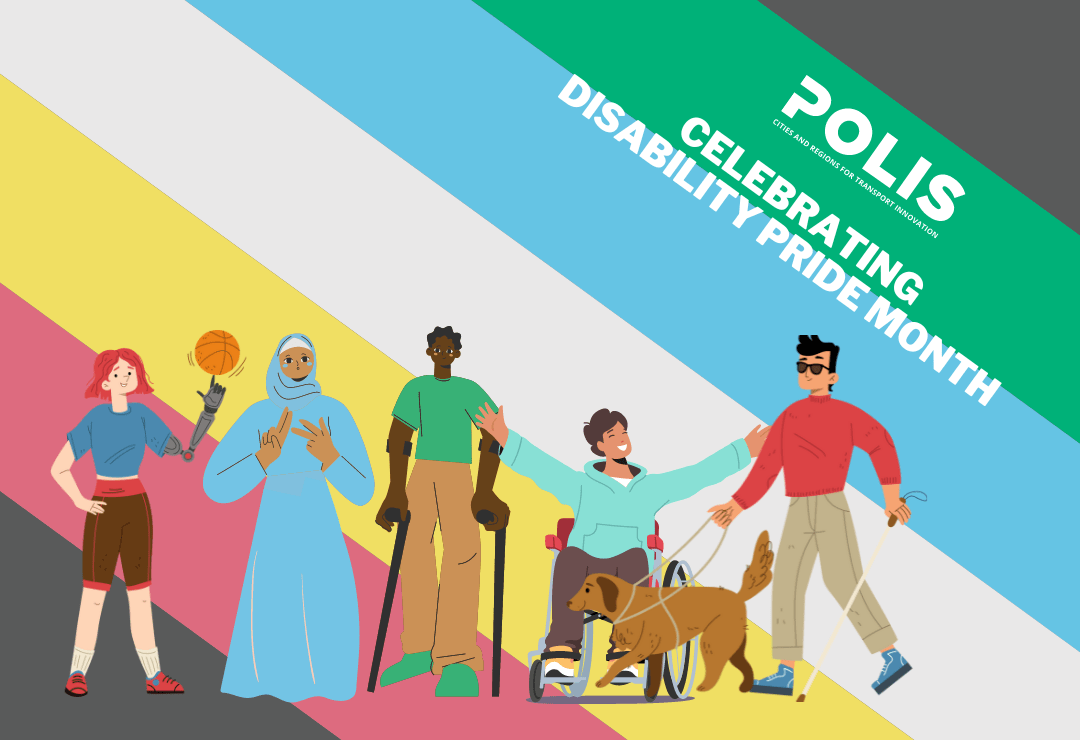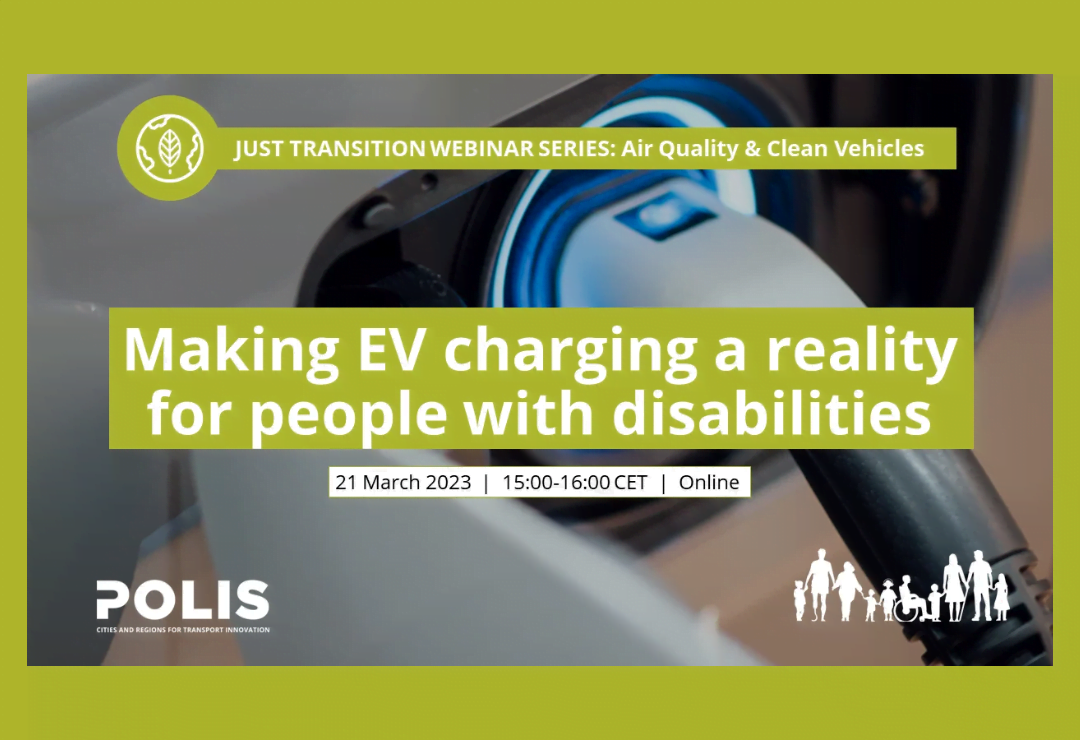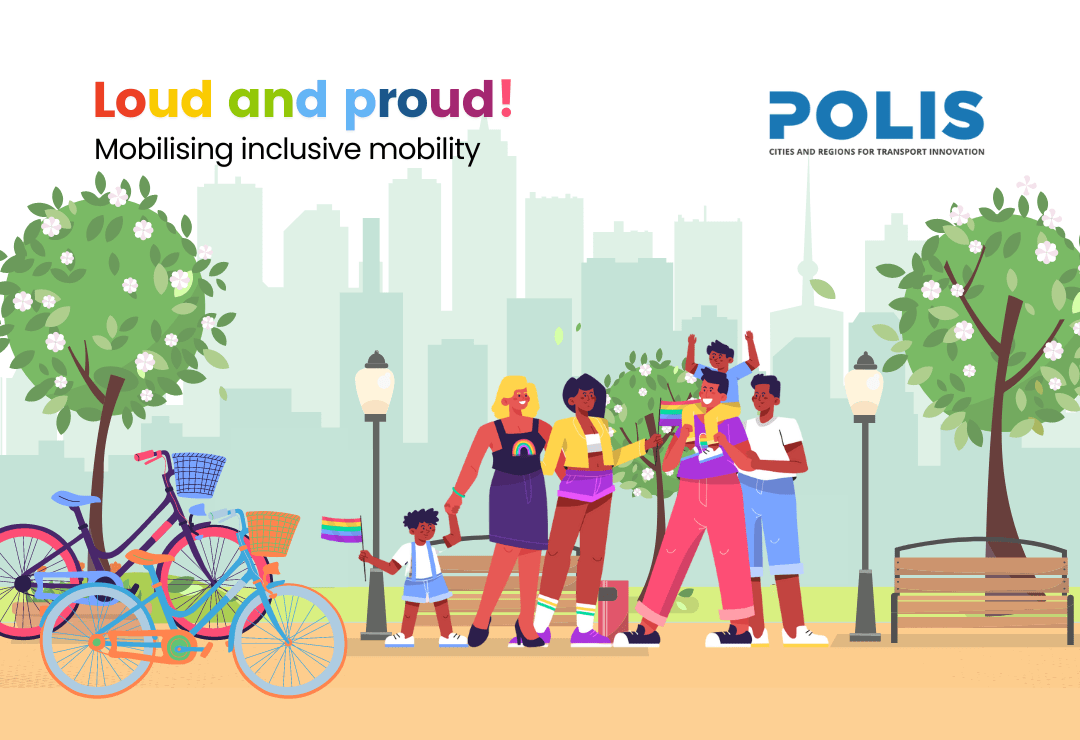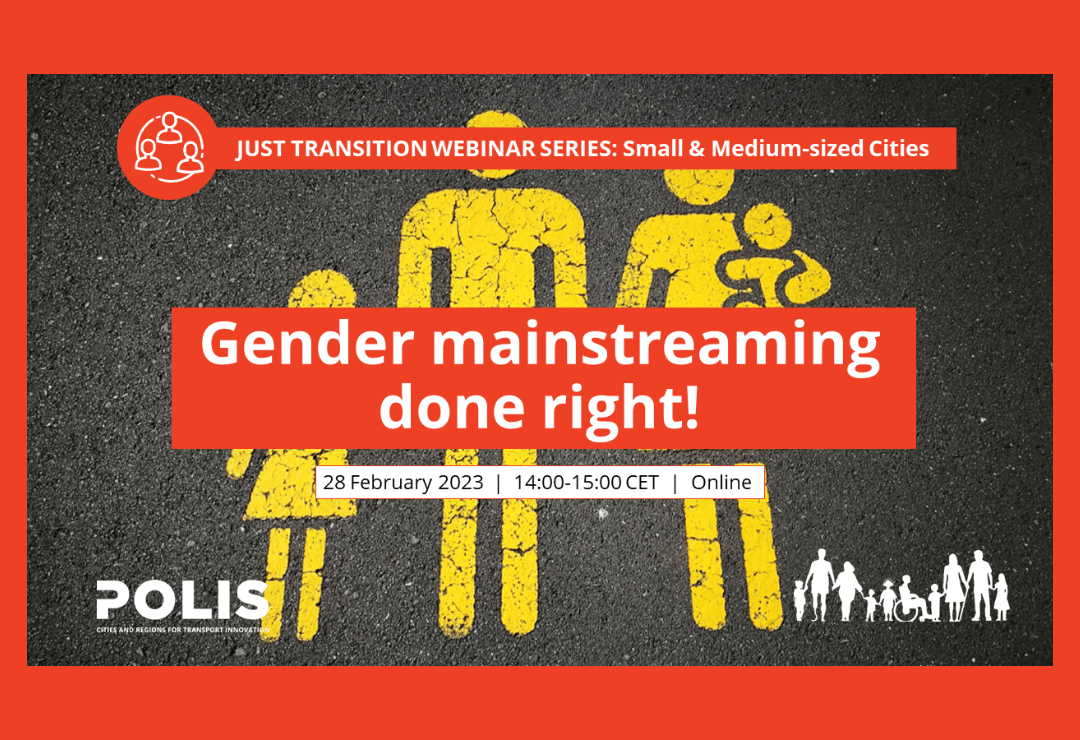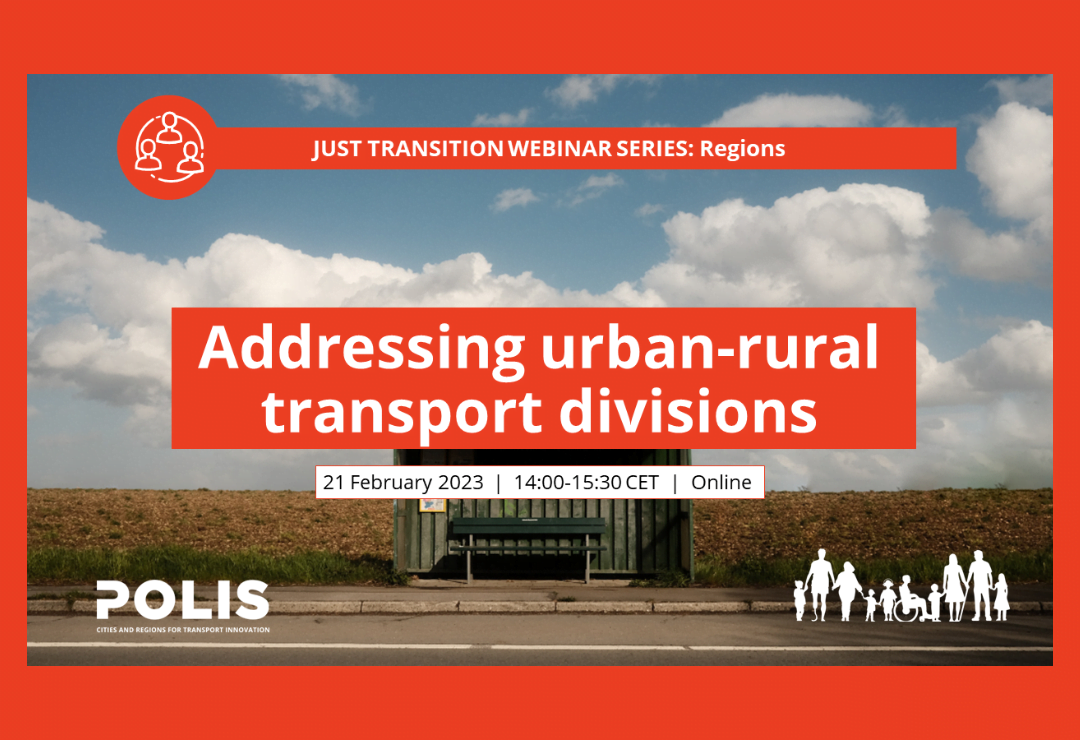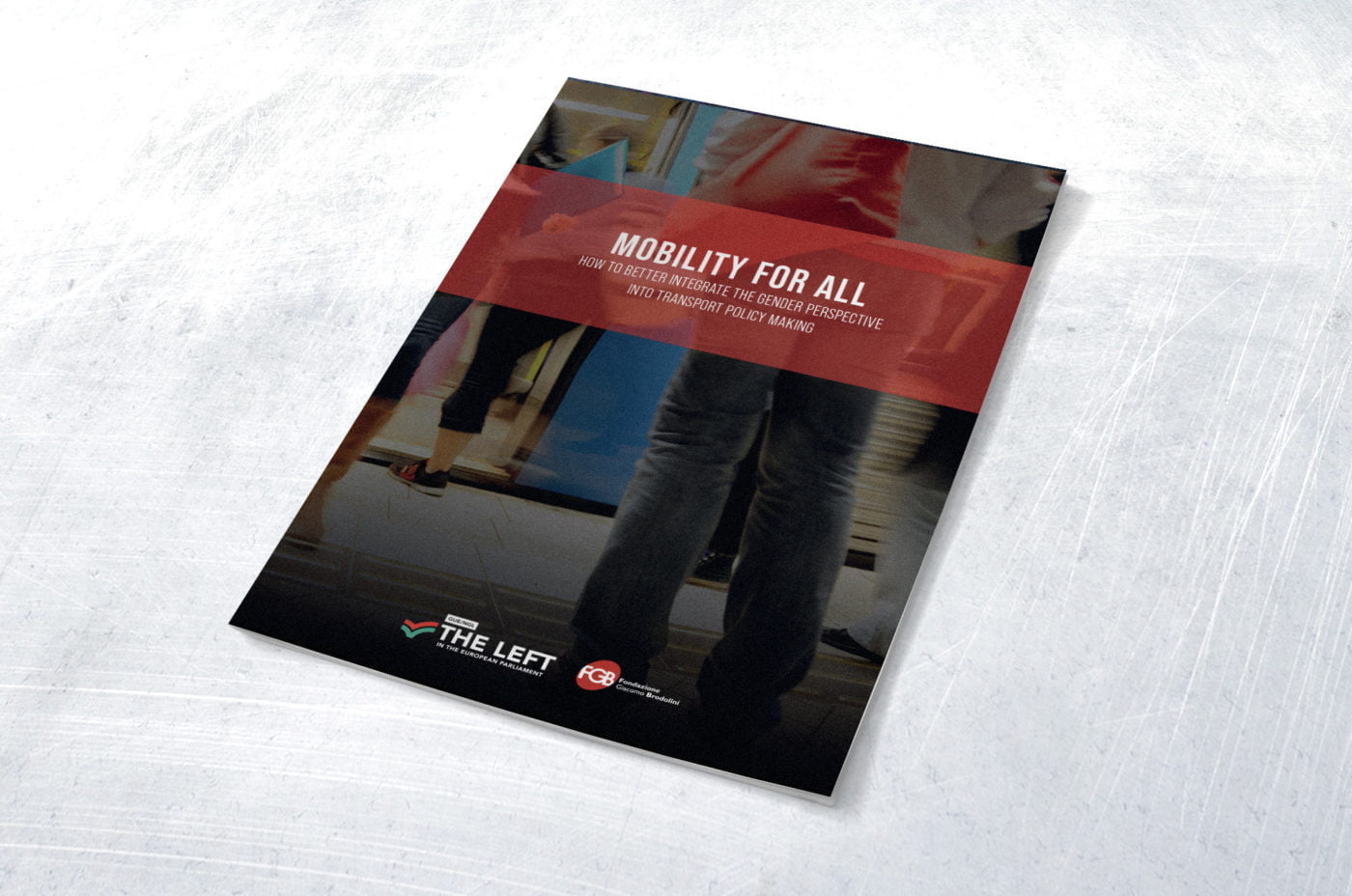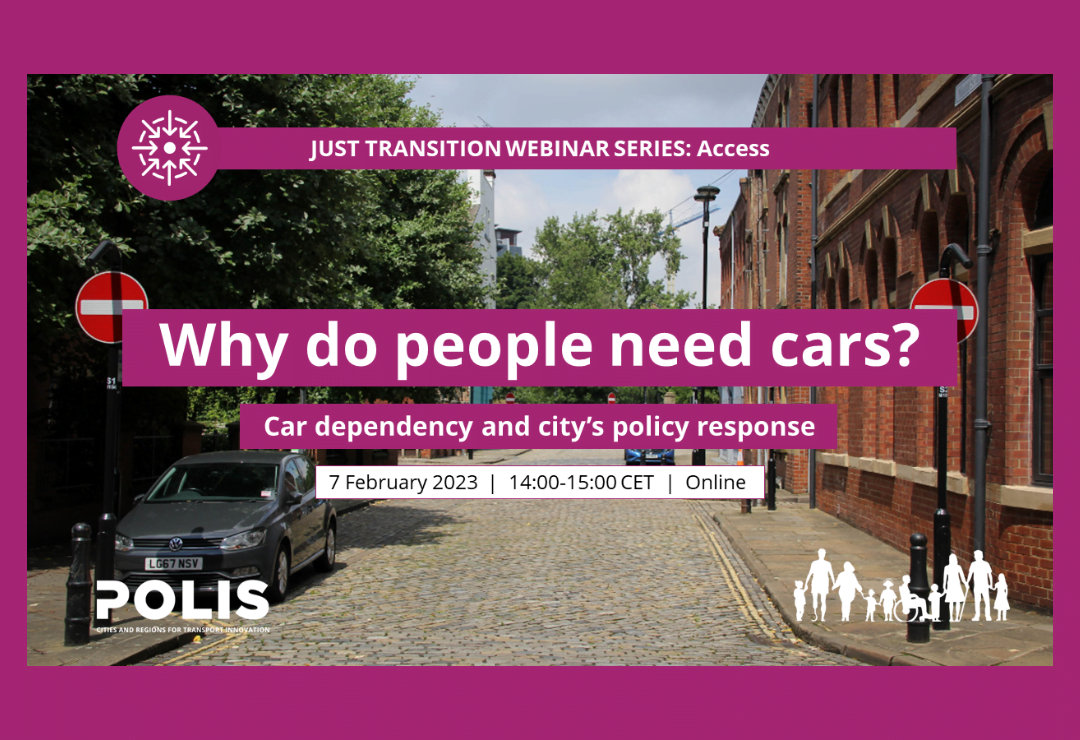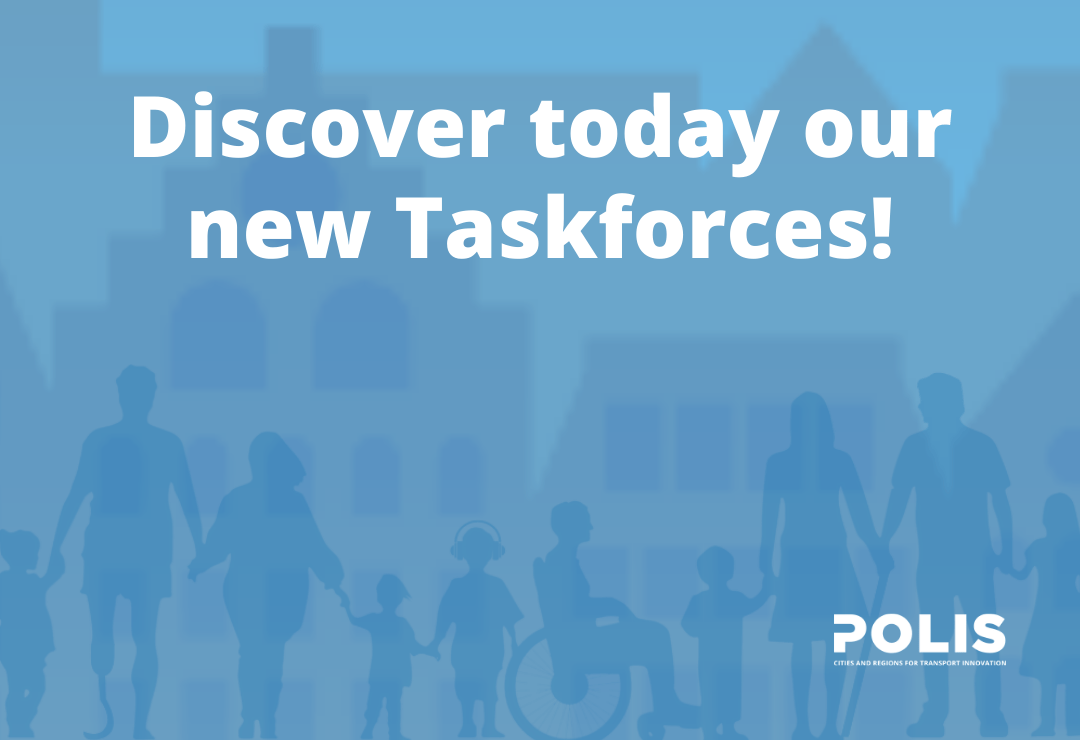Just Transition
The Just Transition Taskforce aims to bring forward real action towards ensuring that the shift to more sustainable urban mobility leaves no one behind.
From digitisation to active travel, logistics to electromobility- and beyond, the Just Transition Taskforce raises discussions on how to place affordability, inclusivity, and accessibility at the heart of all urban mobility policies.
It is no secret that urban mobility has to undergo a radical transformation if it is to become cleaner and more resilient. However, such a transition cannot come to fruition unless each mobility offering caters towards the needs of all, and not just those who are socially, politically, and economically privileged.
At the 2021 Annual POLIS Conference in Gothenburg, POLIS launched the Just Transition Agenda, where we established key actions needed to ensure a fair, equitable, inclusive, and sustainable urban mobility transition. We have seen some inspiring progress since then; however, there is still much more to be done. This is why we have established the Just Transition Taskforce to help us integrate the Just Transition across all of POLIS’ activities, putting citizens first and ensuring that the mobility transition we strive towards is one that has everyone on board.
The Taskforce’s activities include a Just Transition Webinar series which, across several online events, will traverse the multifaceted ways affordability, gender-related mobility patterns, age, cognitive capacities (and more), can guide the future of our cities and regions.
Topic priorities for 2024
The topics being discussed by this Taskforce are:
- Recognising and better understanding current imbalances in the urban mobility system and how each sector can play a role in addressing them;
- Establishing inclusive governance approaches to ensure all voices are heard and that their needs are being addressed;
- Defining a toolkit of just transition actions and best practices to implement in the mobility transition;
- Engage in global policy and capacity-building activities to elevate the just transition in the overall urban mobility agenda.
- Facilitating cross-sector collaboration and knowledge exchange to foster innovative solutions and policies that prioritize sustainability and equity in urban mobility.
Curious about the Just Transition?
Read the following:
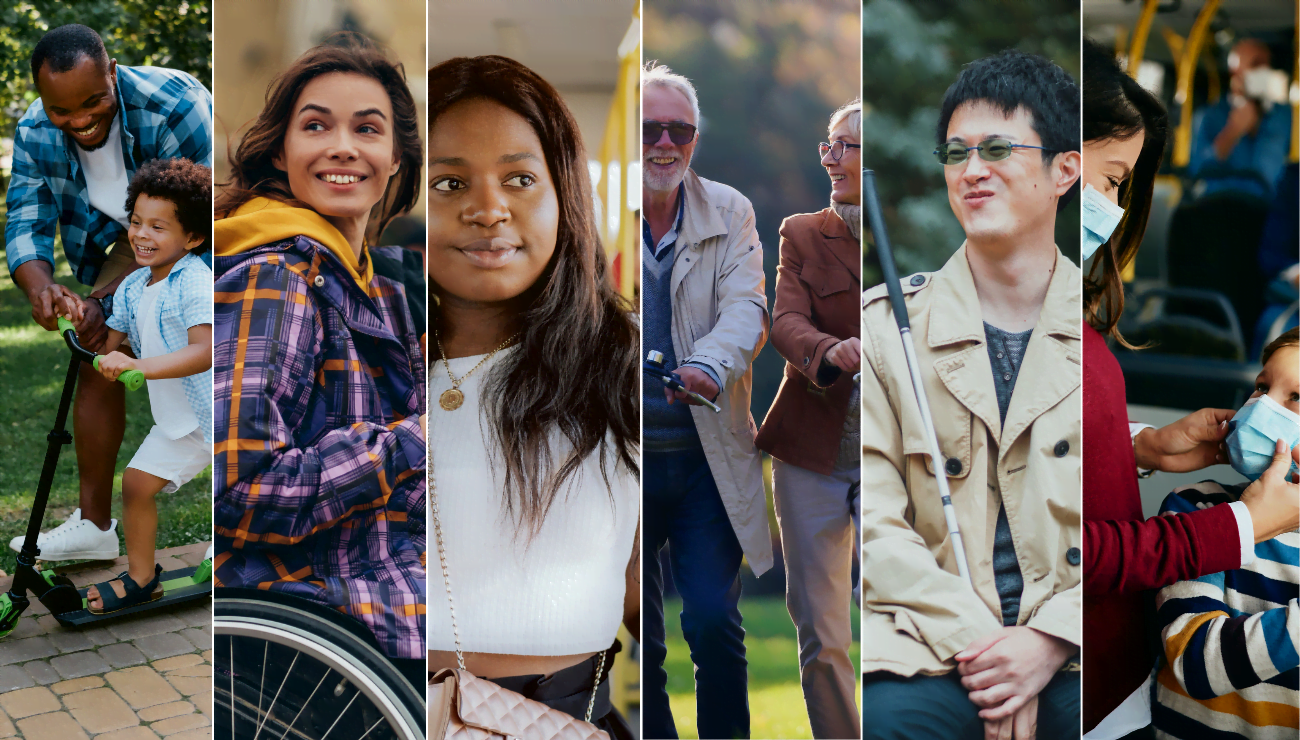
For further information
If you have any questions, do not hesitate to contact Laura Babío and Alessia Giorgiutti, Just Transition Taskforce Co-coordinators.
